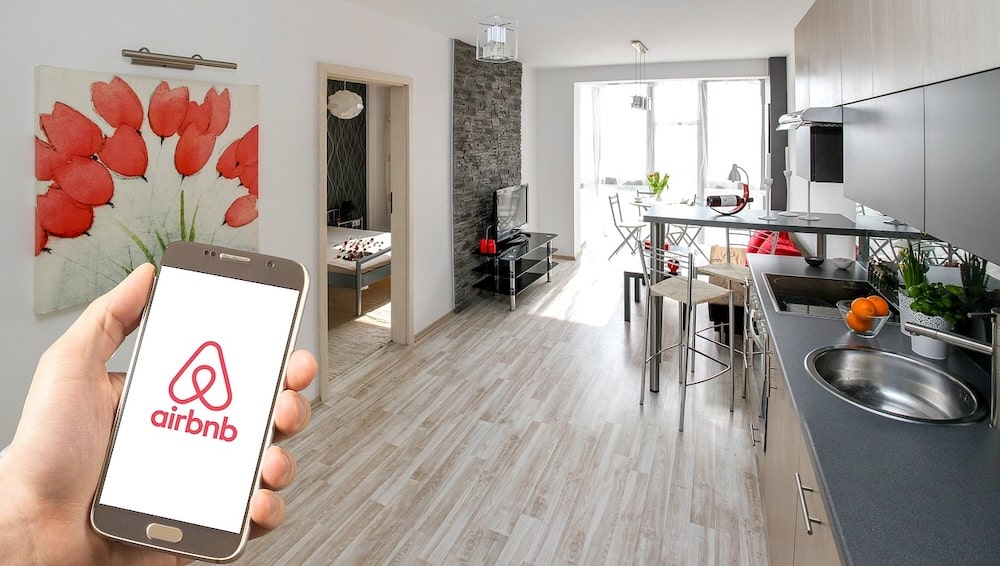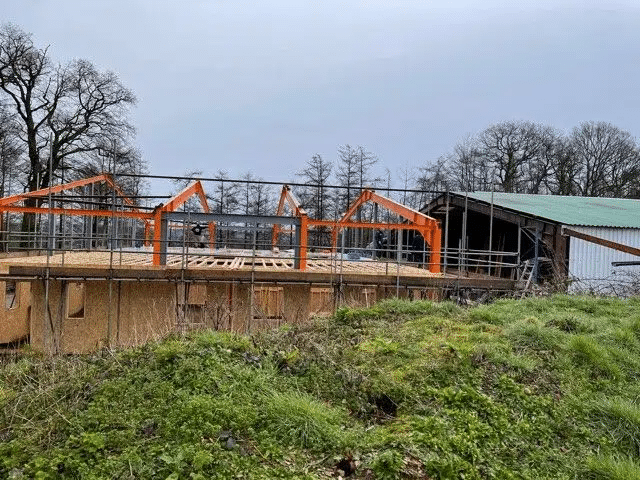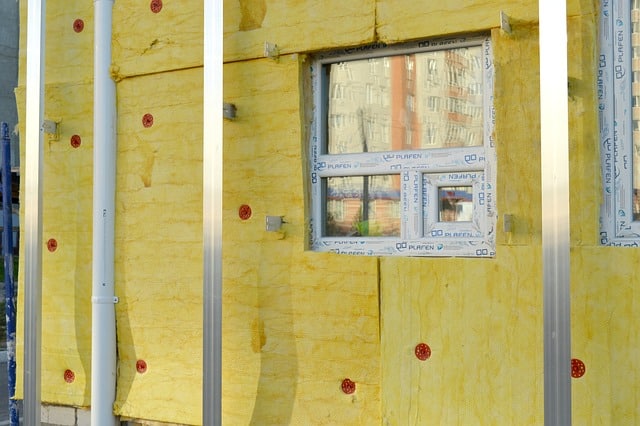Knowledge and understanding of environmental issues and humanity’s impact on the planet continue to grow, naturally moving into people’s opinions and preferences about where we live. This, coupled with ever-increasing energy prices and a cost of living crisis, has led people to evaluate their homes and how they can reduce their carbon footprint and save money.
This also represents an opportunity for property developers. Incorporating green building methods and sustainable materials like ICF blocks and installing green technology like solar panels or air source heat pumps can make a property more desirable to a buyer. While this can require more initial investment, you may get a larger return.
In this post, we’re going to explore the types of green materials and tech you can include in your project, and how this can affect your ability to gain funding and see a return on your investment.
Types of Green Building Materials and Technology
Several types of sustainable building materials and techniques can be used to reduce both the environmental impact of a property development project and the ongoing usage of the property.
Green & Sustainable Building Materials
ICF (Insulated Concrete Forms) Blocks
ICF blocks are growing in popularity in UK construction. These lightweight, hollow blocks are made from polystyrene that interlocks to create formwork for concrete walls. They act as both the insulation and the formwork (or ‘mould) for poured concrete, offering several advantages over traditional bricks and mortar. You can find out more about ICF Blocks in our guide, but some of the main advantages of them include:
- Energy efficiency: The insulation of the polystyrene on each side of the concrete can significantly reduce heating costs in the winter and cooling costs in the summer. Furthermore, they are airtight which helps reduce draughts. A welcome by-product of this is that they are also excellent for soundproofing – especially useful in apartment buildings.
- Strength and durability: We know concrete is an incredibly strong material, but the addition of the EPS foam helps make it resistant to mould and dampness… it’s the best of both worlds.
- Flexible design and fast build: ICF blocks are very versatile and can be installed in a wide variety of positions and to various architectural designs such as for creating curved walls, arches and more. This also contributes to the speed of construction. ICF blocks are quick and easy to place and fill.
- Less waste and reduced cost: Because there’s no need for cutting bricks or using mortar, there’s less cost and waste associated with materials.
Recycled Steel
Using recycled steel in your project helps remove the energy used in mining and processing raw materials, reducing the carbon footprint of your build.
Sustainable and reclaimed timber
Using sustainably grown and harvested timber in your project will help reduce the need for other, more polluting products. There is a wide range of FSC-certified timbers available on the UK market for use in building and landscaping projects. Going a step further, using reclaimed wood as part of the styling or decor of your project can give a new life to old wood, reducing the need to harvest new trees.
Straw insulation
No, it’s not the 1600’s. Straw insulation has re-emerged in recent years as a fantastic alternative to synthetic insulation. It’s sustainable, energy-efficient and readily available as a byproduct of agriculture. What’s more, when packed tightly it has excellent fire-retardation, soundproofing and moisture-resistant properties.
Green Home Tech
Incorporating green tech into your project can also make it much more desirable to a buyer, or if you plan to live in it yourself, can reduce your energy bills significantly. Examples of green tech you could include in your development include:
Solar panels: Increasingly affordable and well-proven, solar panels can be a great way to reduce your reliance on the grid and significantly reduce your electricity bill. Install a solar battery, immersion diverter, or even an EV charger to maximise the usage of the energy you generate.
Air or ground source heat pumps: These pumps take residual heat from either the air or the ground, and use a pump to heat a tank of water. This can then be used in your home or as part of your heating system. They work particularly well with underfloor heating, and can still perform excellently well below outside temperatures of -10C.
Wind turbines: Large properties with significant energy usage, such as agricultural or industrial buildings that are in a suitable location, could benefit from the installation of wind turbines. Large, freestanding turbines are a significant investment. However, smaller, roof-mounted ones can help supplement electricity usage, especially if you have battery storage.
Triple-glazed windows: Along with installing high-quality insulation, triple-glazed windows can be an excellent addition to a project to increase efficiency and reduce heat loss.
Smart heating and thermostats: A smart thermostat provides the occupants with much more control over their energy usage and can save significant amounts of money on utility bills.
The Independent suggests the following savings can be achieved in 2024 by installing green home tech:

Securing Finance for Your Property Development
All of the points above could increase the final value of your development project and may make it more desirable for a buyer. However, do they have any impact on securing property development finance?
In theory, No. Everything listed above is an established and proven building material or technology that is unlikely to be an issue for a lender. As long as the project is feasible, well-planned and properly budgeted, they should provide your funding. In reality, the fact that the finished construction is likely to be more desirable and valuable should help your application.
You may find that some lenders refuse projects that incorporate ICF blocks. However, here at Hunter Finance, we recognise their advantages and benefits and are unlikely to reject an application based on this. If you’re interested in securing finance for your next green property development project in the South East, don’t hesitate to get in touch!
We are always eager to work with dynamic developers on exciting projects.






